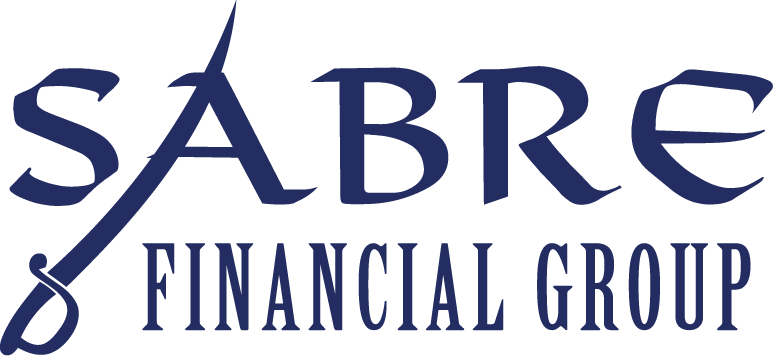Many business owners’ primary focus is managing the business’s daily operations, leaving little bandwidth to handle financial matters. Bringing on a financial professional can provide your business with the necessary resources to address financial opportunities and challenges. A Chief Financial Officer (CFO) or a Financial Controller, introduced at the right stage of your company’s growth, can serve as invaluable assets for your business. Despite being two distinct positions, however, they are often confused with one another, and expectations as to which individuals are best equipped for each role may not be in line with reality. Determining the roles you need to fill, and the individuals to fill them, therefore requires a strong understanding of what each position entails.
What is a CFO?
As a member of the executive suite of a company, the Chief Financial Officer is responsible for making major financial decisions. The CFO focuses on developing financial forecasts and strategies, providing insights on overall financial health, and contributing to key decisions. Some specific responsibilities of a CFO can include:

- Overseeing financial reporting and compliance
- Executing risk management strategies
- Monitoring cash flow and liquidity
- Developing financial budgets
- Communicating with investors and analysts
- Developing financial strategies and modeling financial scenarios
What is a Controller?
The Controller is a senior-level accounting expert responsible for managing the accounting and financial operations of an organization. A Controller is essential for ensuring the accuracy of financial reports, maintaining compliance with standards and regulations, and providing general insights for decision-making. The role and responsibilities of a Controller can include:
- Preparing and presenting financial reports
- Supervising accounting staff and processes
- Monitoring various costs incurred by the company
- Analyzing historical data vs. actual performance
- Overseeing and evaluating inventory levels
- Liaising and coordinating with external financial support individuals
The Difference Between a CFO and a Controller
Although both the CFO and Controller contribute to the financial management of a company, they do so in different ways. A CFO generally has a broader, more strategic, and more forward-looking role than a Controller. The CFO analyzes data presented to them and, in coordination with other executives, makes high-level decisions regarding strategy, risk assessment, growth opportunities, and other initiatives.
The Controller, on the other hand, has more of a historical and operational focus, maintaining quality financial statements and monitoring and tracking financial plans and strategies. While a company may rely on its CFO for major financial decisions of the company, the Controller is typically less responsible for strategic planning and more focused on ensuring that financial records are reliable, accurate, and timely. Controllers should have a strong financial background but may be less costly than a CFO.
What is the Best Option for Your Business?
While most companies eventually will benefit from having both a CFO and a Controller, many small and mid-market businesses may find that there is not yet a need for two full-time, in-house executives. In fact, many smaller, growing companies progress along the following spectrum:
- No Controller or CFO at all; then,
- Outsourced, fractional Controller only; then,
- In-house Controller with no CFO; then,
- In-house Controller with an outsourced, fractional CFO; and then,
- In-house Controller and CFO
If your business is struggling with maintaining and organizing accurate financial reports, you should consider bringing on a Controller, whether full-time or outsourced/fractional. This individual can help get your financial records in order and develop a process so order is maintained and financial figures can be relied upon to make informed decisions.
As your business grows and develops a good handle on its financial records and processes, adding a full-time or outsourced CFO, who can be a more strategically focused and forward-looking resource, can help you to plan ahead and take you to the next level. Additionally, if your business is expanding via acquisition or looking to secure growth capital, bringing on a CFO provides you with a trained resource that can navigate these more complex and sophisticated challenges.
How Can We Help?
A Controller or CFO can provide significant value in taking on your business’s financial challenges and charting a course for new and exciting growth opportunities that lie ahead. Fairly assessing the current capabilities of your financial team, while also understanding the type of financial leader(s) required to achieve your unique business goals, will allow you to decide how best to fill any gaps in company talent or expertise.
Sabre Financial Group helps small to mid-market businesses with Interim and Fractional Controller and CFO services. If you need help with a financial resource to grow your business, schedule a consultation with a member of our team.

